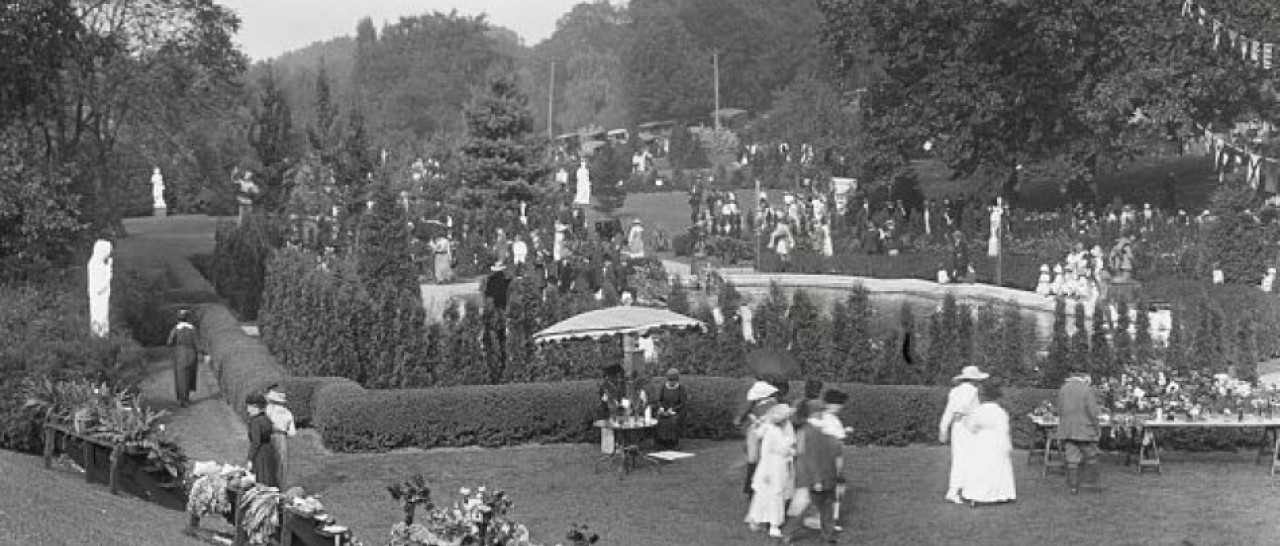
Don Siegel’s criminally underrated Private Hell 36 (1954) can never seem to make its way onto any worthy ‘top noir’ list, perhaps justly so. It’s pretty solid, but there is probably no place for it amongst the giants. No category in which it fits and at which it excels. Apart from one: it has a homme fatale, rather than a femme fatale. That’s right, when you tear apart the metaphors, Cal Bruner (Steve Cochran) might just be one of the genre’s few hommes fatale.
The plot, penned by Ida Lupino and Collier Young, follows two LA police officers, Bruner and Jack Farnham (Howard Duff) as they investigate a drugstore robbery. A fake 50 dollar bill leads them to Lilli Marlowe (Ida Lupino), a singer in a nightclub, and after a few questions, she ends up helping them with the investigation. However, when they finally catch their man, Bruner decides to take the money himself and hide it in a secure place: trailer park #36…
What starts off as a rather typical noir – an ongoing robbery and the ensuing shootout in the dark streets of LA – turns into one of the most ambigious noirs of the 1950s. Not least because of its characters. We have two police officers and a nightclub songstress as our three leads and yet their roles are somewhat different than what you’d expect. Firstly, Lilli is far from a femme fatale. Yes, she’s down on her luck and lusts after money, but that’s only because she knows what it’s like not to have any. Her wise-cracking ways reveal more about her than she’d like to and her assertion that ‘she was framed for something she didn’t do, so today she doesn’t go around framing other people’ tells us that she has a good head on her shoulders and a heart of gold. She’s not trying to get anyone into trouble. She’s only trying to make some money, get by and look out for herself. Then there’s Jack Farnham, a level-headed, hard-working family man. His wife Francey (Dorothy Malone) and their daughter Bridget provide a contrast to his line of work, a safe haven and a happy routine. And then we have Cal Bruner. On the surface, he appears to be on the level. He’s our introduction to the world of Private Hell 36, as he chases after the robbers in the film’s opening sequence and straight-away, we know that we can probably trust him. His charisma and charm later on win us over – ‘I’m irresistible’, he says to Jack – and his relationship with Lilli gives the film its central romance. Which is why his deeds in the second half feel like such a blow. And this is why I think Cal Bruner is a ‘homme fatale’. At first, he appears to be safe. We trust him, because we see no reason not to. He’s good at his job, he’s charming and his friendship with Farnham is solid and endearing. That is, until about forty minutes into the movie. After this, everything changes and we start to see his true colors. Then we realize what has happened: he successfully seduced both Lilli and Jack. After his first encounter with Lilli in the club, he managed to work his way into her life by using his wits and attractiveness and he sweet-talked her into being with him. Their shared sleaziness and carefree attitude about commitment attracts them to each other and soon enough, her life as she knows it changes. And the same goes for Jack. By letting him in on it, Cal removes the safety and security from Jack’s life. His mere presence in his house threatens to disturb the peace and the happy, harmless family life he built for himself. Jack’s wracked with guilt and Cal’s effect on him is similar to that of a femme fatale on a fallen hero – it’s perhaps no coincidence that the relationship between the two of them is often addressed in homoerotic undertones. It is true that one could say Cal’s actions are motivated by his relationship with Lilli, but are they? Towards the end of the money, Jack tells him ‘You’re sick, Cal. I should have known that a long time ago. You don’t care about anything or anybody.’, so there’s that. Maybe he’s just a corrupt cop, God knows there are millions of those in the streets in film noir, but they usually make themselves known to us fairly early on. Nah. Cal Bruner is more than that. Maybe this wasn’t intentional, but his ambiguity as a character certainly makes him a strong contender for the title of film noir’s smoothest, slyest homme fatale.



